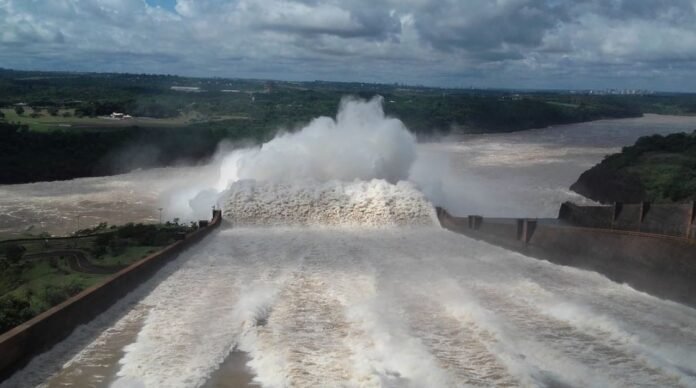The Jiji hydroelectric power plant in Burundi has officially been inaugurated, marking a significant milestone in the nation’s renewable energy development.
The Jiji plant is the first of two major hydropower facilities in the region, with the second—Mulembwe expected to come online in the coming months. Together, the Jiji and Mulembwe plants will add 49.5MW to the national grid and are projected to generate 235 gigawatt-hours (GWh) annually.
The initiative is backed by international partners, including the African Development Bank (AfDB), European Investment Bank (EIB), World Bank (WB), and European Union (EU), with a total investment of approximately $320 million. According to EIB East Africa regional head Edward Claessen, the project supports Africa’s transition to clean energy, reducing reliance on imported fossil fuels and aligning with broader decarbonisation goals.
READ: Nigeria, Equatorial Guinea ink joint communiqué for Gulf of Guinea Gas Pipeline project
Improved power supply
Once fully operational, the plants will supply electricity to around 15,000 households, 7,000 businesses, and 1,700 industrial facilities across Burundi. The improved power supply is expected to enhance productivity in key sectors such as healthcare, education, agriculture, and technology.
Hawa Cisse Wagué, the World Bank’s representative in Burundi, emphasized the project’s role in driving social and economic progress through expanded energy access. In addition to power generation, the initiative has created hundreds of jobs, supported local economies, and strengthened technical expertise in surrounding communities.
AfDB’s country manager Pascal Yembiline highlighted that the project aligns with the Bank’s “Hi-5” development priorities and is a cornerstone for achieving sustainable prosperity in Burundi. Separately, in June 2025, the AfDB also approved $184.1 million in funding for Egypt’s Obelisk solar PV project, underlining its broader commitment to clean energy across Africa.





